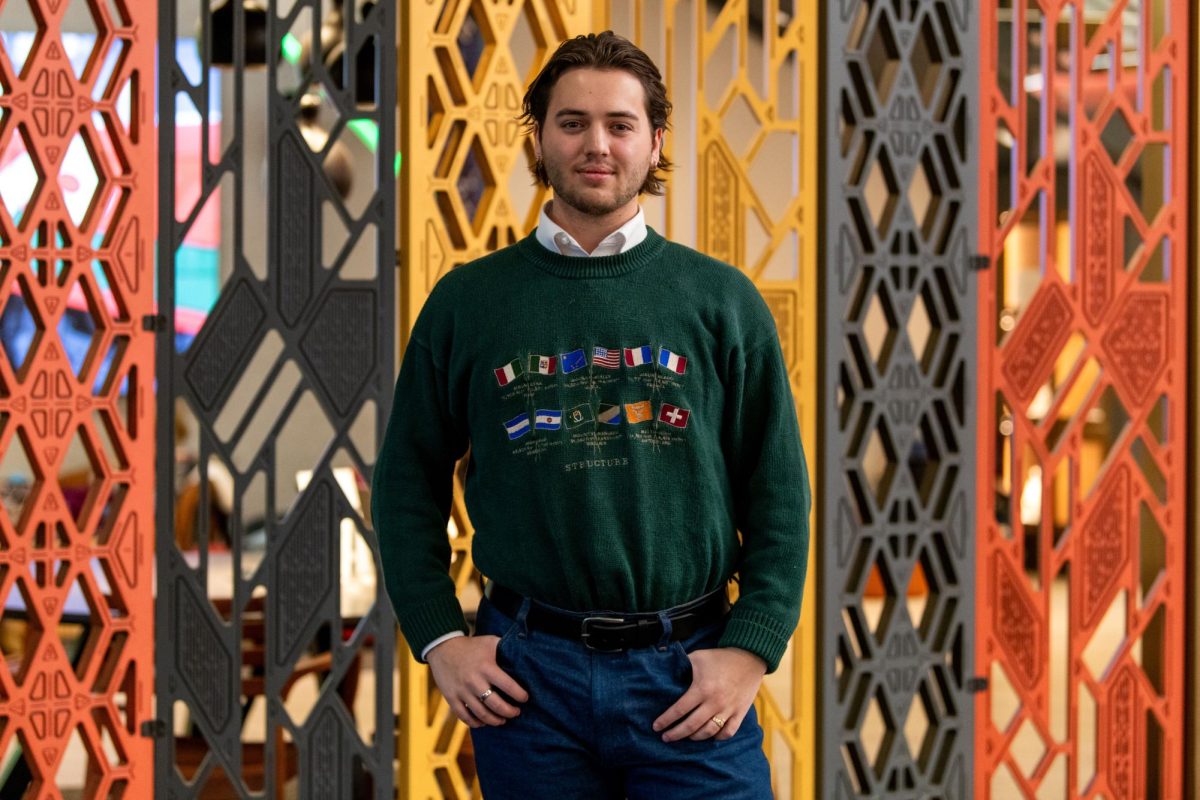Pitt student in race for mayor
August 28, 2007
Tony Oliva is a straight-shooter – a self-proclaimed non-politician. And he’s running for… Tony Oliva is a straight-shooter – a self-proclaimed non-politician. And he’s running for mayor.
Oliva, a 27-year-old Pitt student, is running on the Libertarian ballot on Nov. 6 against current Democratic mayor, Luke Ravenstahl, Republican candidate Mark DeSantis and Ryan Scott of the Socialist Worker’s party. He replaced Libertarian Mark Rauterkus on the ticket.
In 1997, Oliva came to Pitt as a freshman football player. After a devastating car accident during his sophomore year, his injuries forced him to quit football and take time to heal. Now, he is back. He has replaced football with Ultimate Frisbee and is working on his second degree at Pitt.
“[The accident] really taught me the lesson that you can’t just go through life thinking everything’s going to be great,” Oliva said. “You have to be ready to deal with and overcome adversity in any form.”
In the wake of his injury, another tragedy struck. Sept. 11 inspired Oliva to join the army and become an airborne paratrooper.
But in 2003, Oliva made his way back to Pitt.
“I’m originally from New York, but something about Pittsburgh latched onto me, and I had no other desire to go anywhere else,” he said.
This loyalty to Pittsburgh, coupled with Oliva’s fatigue with the current status of the city, made him decide to run for mayor.
“We need some new ideas and new thinking because things are broken,” Oliva said.
His Libertarian viewpoint gives tax cuts a significant position in his agenda – but Oliva is very specific about where he thinks Pittsburgh’s money should be saved and where it should be spent.
“It’s a party that wants to stay out of your pocketbook and out of your social life,” said Oliva, who cites his inability to understand why the government keeps “needing money, but not changing anything.”
“I like low taxes,” he said. “I think that people can use their money in more productive ways than government can oftentimes.”
Though an advocate for people controlling their own money, Oliva says he is opposed to cutting social programs – to an extent.
“A person may stumble or trip, and it’s always good to have someone there,” he said. “I just don’t think we should carry someone for their whole life.”
If elected mayor, Oliva pledges to make his priorities known. For example, he said that one of the ideas that had been run through Pittsburgh legislatures involved cutting funding for police and firefighting forces.
“Yes, the city could gain money,” he said. “But it could also burn to the ground.”
As a Pitt student, Oliva says he understands the post-graduation predicament that many face: stay or leave?
“Pittsburgh has become an old town,” he said. “A large number of kids are forced to leave because it’s not financially viable to stay in Pittsburgh.”
His plan? To draw businesses back to Pittsburgh and jumpstart the flow of both jobs and money, thereby appealing to a younger generation. And again, this leads back to lowering taxes.
“We have driven small businesses out with high taxes,” he said. “I want to draw them back so people can have opportunities to work in good, well-paying jobs.”
And on the other end of the spectrum, Oliva also wants to appeal to the younger demographic by proposing an ordinance to keep bars open until 4 a.m. on weekend nights.
Oliva sees his age and his student status as a way of relating to the voters.
“I want people to see in me what they would always hope to see in their political leaders – not what they do see, what they hope to see,” he said.
And if students see something they like in Oliva, he hopes they won’t conform to the apathetic stereotype of a college student that “the old parties,” as he calls the Democrats and Republicans brand them with.
“This isn’t a national election,” Oliva said. “Students have the power to change the face of the city, the face of politics. Hope comes with change.”







